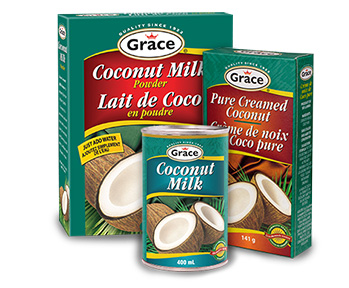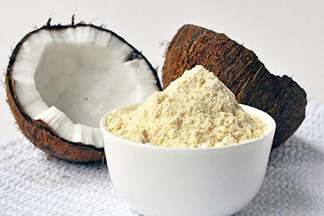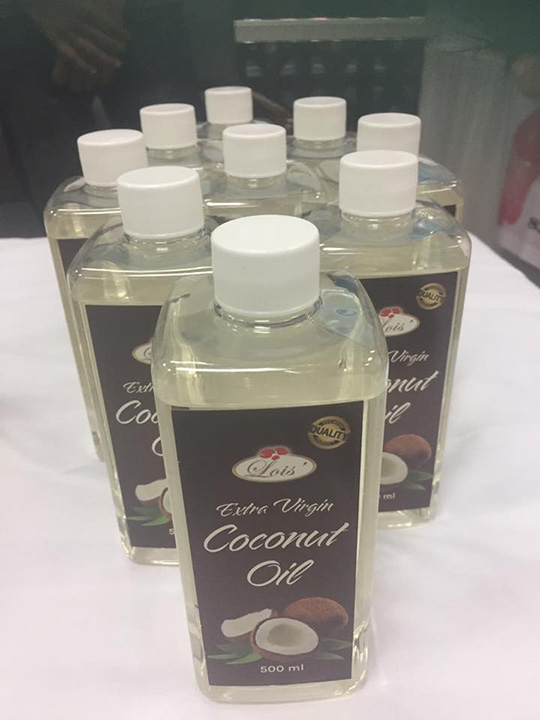What is being regarded globally as a breakthrough period for the coconut industry linked to skyrocketing demand for coconut water, oil and other products is being regarded as an opportunity for the region which it cannot afford to pass up.
For sure, global coconut production is dominated by the Asian continent and however much the coconut industry might grow in the Caribbean it cannot hope to match production levels in Asia. Coconut, however, brings other benefits to Caribbean economies including the opportunities which it provides in the vast agro processing sector afforded by the facility of the fruit and the export markets. More than that, the economic opportunities afforded by the coconut industry already play a significant role in poverty alleviation in some countries in the region by creating significant employment opportunities.
There is evidence that Caribbean Community (CARICOM) countries are beginning to take steps in the direction of capitalizing on the economic opportunities afforded by the coconut industry. Much of this has been triggered by the interest, backed by significant investment, that is being taken by companies like Pepsi and Coca Cola in coconut water as a world class beverage. Matching the interest in coconut water being shown by the beverage giants is that being demonstrated by the cosmetics and health industries in coconut oil.

Last October’s Caribbean Week of Agriculture provided an opportunity for the region to showcase the range of coconut products that are already produced here including coconut water, coconut milk, coconut powder, coconut flour, coconut confectionary, coconut oil, and virgin coconut oil. All of these continue to be in considerable demand on the extra-regional market though their profitability is hampered by the limited production capabilities here in the Caribbean.
In the instance of coconut water, for example, global demand is expected to increase at a rate of around 14% over the next five years, arriving at a worth of around US$13.8 billion in 2023, up from around the 2017 mark of US$6.2 billion.
In the case of coconut oil the global market is projected to grow by around 4.5 per cent over the next five years, reaching an overall worth of US$4.9 billion by 2023.

In recent years the Caribbean Agricultural Research and Development Institute (CARDI) has been seeking to make a persuasive case for the coconut industry at the farming level, the argument being that the difficulties associated with significantly increasing global supplies is linked to the preponderance of old and consequently low-yielding trees in countries like India and Brazil, which are among the world ‘heavy hitters’ in coconut production. CARDI, its appears, is focused on demonstrating to both the public and private sector interests in the region the opportunities that inhere in investing in coconuts at the cultivation level.
That call has been answered to come extent here in Guyana where a national coconut structure has been set up to address issues like the restructuring of the country’s ageing coconut industry, encouraging the manufacture of coconut by-products, particularly by small operators and seeking to grow markets in the region for coconut water. Some issues with penetrating the regional market have arisen out of quality control considerations though these do not appear to have done a great deal to dim the enthusiasm of local coconut farmers and coconut water exporters.
To a great extent the CARDI initiative would appear to have yielded some results since countries in the region have, to varying extents, undertaken initiatives associated with technology transfer, training farmers and providing higher levels of extension support to the coconut industry. The profile of the sector has also been raised by the advent of a Stakeholders Forum for Coconut Development which was instrumental in the staging of the country’s first ever Coconut Festival in October 2016.
In the wider region, however, the coconut industry still has a challenging road to travel. Setting aside the need to secure funding for research there is a need to recruit technical experts in various areas including those that have to do with the choice of coconut varieties to take account of pest resistance and disease considerations. Historically, pests have been associated with coconut plantation destruction and the attendant economic problems.
Those considerations apart the growth of the Caribbean coconut industry will have to be supported by more aggressive marketing that will lead to further penetration of the more lucrative markets of Europe and North America. At home, the regional tourism sector must find creative ways of promoting the coconut in all of its various forms, ranging from coconut water to sweets like old fashioned coconut sugar cakes.
There is already some measure of effort here in the region to respond to the economic opportunity that has been created by the global coconut ‘craze.’ Guyana, Jamaica and Belize are reportedly leading the way, the three countries, according to reports, having planted an additional 10,000 acres of coconut over the last four years. Much more needs to be done, however. Industry experts estimate that a further 250,000 acres of land in the region will have to go under coconut cultivation over the next decade, an effort that will require the acquisition of 17.5 million plants. This is no mean challenge for a region that still lags behind the global giants in the coconut industry. Still, it is the economic opportunity, surely, that provides the incentive.






